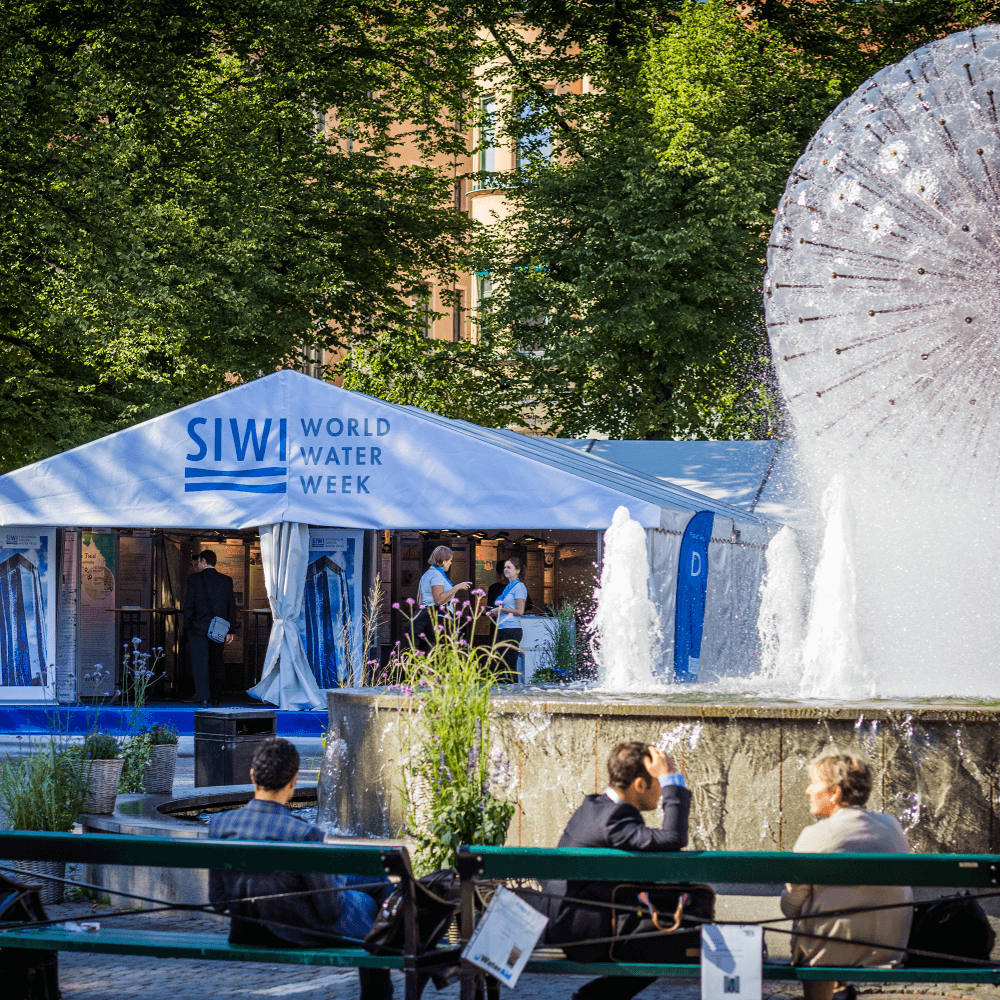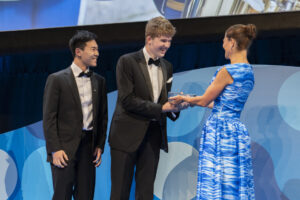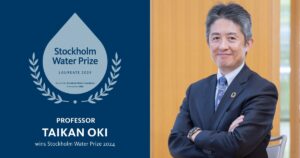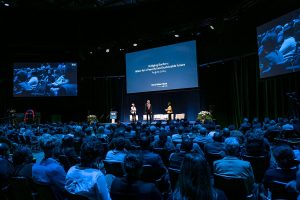WGF at 2016 World Water Week in Stockholm
Join our co-convened events for most urgent water discussions and meet us at UNDP booth for mingle on Tuesday at 2016 World Water Week in Stockholm!
WGF Mingle (Tuesday 30 August, 17:30 – 18:30, UNDP Booth)
The Water Governance Facility is pleased to invite you to a mingle which will be organized during World Water Week. We will present our newly developed Issue Sheets on Water Governance, Sanitation, Human Rights, Integrity, Gender and Indigenous peoples. Please join and discover our work for a water wise world!
And welcome to the events co-convened by the WGF:
City-wide sanitation services: recent thinking and experiences (Sunday 09:00 – 10:30, FH 202)
What is the latest thinking on planning and delivering sanitation city-wide? What can we learn from successful cities? These questions will be explored at the event that WGF is co-organizing together with WaterAid, GIZ, Sustainable Sanitation Alliance and the World Bank. An initial presentation will set the scene of the urban sanitation sector, followed by a marketplace where different organisations will present city sanitation experiences.
Realizing SDG’s through sanctions, rewards, and learning from experiences (Monday 14:00 – 15:30, NL 357)
Do politicians and service providers respond better for being sanctioned for poor performance, rewarded for a job well done, or from learning experiences? The event will explore how WaSH service delivery can be realized by improving democratic accountability in service delivery, in particular through sanctions, rewards, and learning from experiences. This event is co-organized with International IDEA and Forum Syd, will present case studies from India, Malawi and Kenya followed by a group discussion.
The missing link – recognising women’s invisible water work (Monday 16:00 – 17:30, NL Music Hall / Musiksalen)
Globally women carry out the bulk of the unpaid domestic water work, but are underrepresented among the water sector staff. The seminar will explore several dimensions of women’s unpaid water work, which represents a large and unnecessary burden, a highly inefficient use of social resources and puts women and girls’ at risk.
Strengthening water governance through sustainable financing and integrity (Tuesday 11:00 – 12:30, NL Pillar Hall / Pelarsalen
The event, co-organized together with the GWP-Med, will take stock of the efforts made in the MENA promoting good water governance including integrity, transparency and accountability that can lead to sustainable growth, present best practices, good examples as well as recommendations and ways forward.
WASH services in Fragile States: Accountability for sustainable service delivery (Thursday 09:00 – 10:30, NL Pillar Hall / Pelarsalen
In fragile states governments and their donors face an accountability dilemma. State bureaucracies lack capacity to deliver peace dividends meeting citizen’s expectations. Yet delivering urgently needed services through non-state actors can be at the expense of building citizen-state accountability. This event, co-organized together with UNICEF and the World Bank Group, will explore ways to reinforce domestic accountability for service delivery.
Source to Sea – bridging marine and freshwater SDGs (Wednesday 14:00 – 15:30, NL 461)
Will discuss how to address links and trade-offs among activities on land, in rivers, along coasts and at sea to enable sustainable growth in connected systems from source to sea and support the realization of the Sustainable Development Goals.
Good water governance for inclusive growth and poverty reduction (Wednesday FH Little Theatre)
In a series of three sessions, the seminar elaborates on the core dimensions of good water governance as outlined in the OECD principles. The support to the achievement of the SDG 6 targets will be discussed in terms of tools and methodologies, successful case studies and indicators of good water governance, taking into consideration the diversity in social, economic and institutional environments and the need to engage actors outside the water sector. Focus will be on local participation and IWRM.








